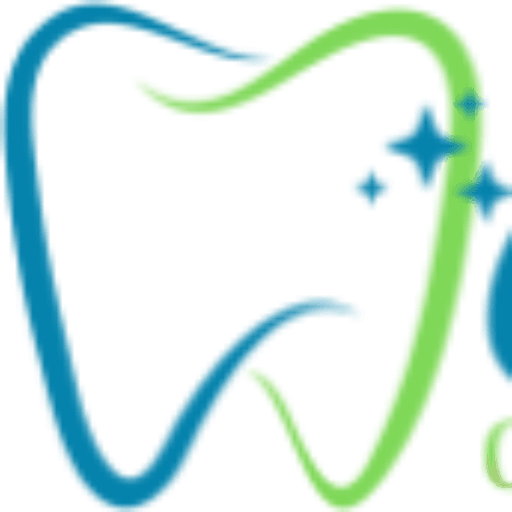Just like a healthy body, a healthy smile depends on good nutrition. The relationship that diet and nutrition have with oral health is bidirectional, as weakened oral cavity can also influence an individual’s ability to eat .
A Food choices and eating habits are important in preventing tooth decay and gingival disease. Nonetheless, Diet and nutrition have a regional impact on the oral cavity. Undoubtedly, All bodily tissues, including those in the mouth, are reliant on nutrients. This discussion will help us explore how certain nutrients and dietary habits contribute to maintaining optimal oral health.
Effects of Various Foods on Oral Health:
- Starchy food items, such as bread, chips, and crackers, have the tendency to adhere to the teeth, serving as a source of nourishment for bacteria.
- Foods rich in sugars and starches have significant risks for dental health. When these foods break down in the mouth, they feed the bacteria in dental plaque leading to decay.
- Acidic foods and beverages, like citrus fruits and carbonated drinks. Nevertheless, Have the potential to erode tooth enamel, increasing the likelihood of tooth decay.
- The consumption of alcohol and tobacco has the potential to result in gum disease and oral cancer, as well as tooth discoloration and bad breath.
Nutritional Deficiencies and Their Effects on Oral Conditions:
Lack of essential vitamins and minerals can weaken the body’s ability to fight infections leading to various dental problems.
Impact of Vitamin and Mineral Deficiencies:
- Calcium : Approximately 99% of the body’s calcium resides in the teeth and bones and it plays a vital role in promoting the remineralization of tooth enamel. A deficiency in calcium can lead to dental caries and weakening of the jawbone that supports the teeth.
- Vitamin D :Vitamin D is helpful in the absorption of calcium and ensures the proper renewal of the mucous membranes in the mouth. Insufficient vitamin D can increase the risk of periodontal gum disease.
- Vitamin C: Known for its role in healing and fighting infections. A deficiency in vitamin C can precipitate gum-related issues, including gum bleeding and gingivitis.
- Antioxidants :Antioxidants, including vitamin E and vitamin A, safeguards oral tissues against harm caused by free radicals.Food items rich with antioxidants are nuts, seeds, fruits (like berries), and vegetables (including carrots and sweet potatoes).
Examples of Conditions Influenced by Poor Nutrition:
- Gum Disease: Lack of adequate nutrition can contribute to a weakened immune system. Also, Reducing the mouth’s ability to fight off infections that may cause gum disease.
- Tooth Decay: Deficiencies in minerals like calcium and fluoride can lead to a demineralization of the teeth, increasing tooth decay.
- Oral Candidiasis: Poor nutrition can also affect the balance of microorganisms in the mouth. Further leading to fungal infections such as oral candidiasis.
Foods That Benefit Dental Health:
- Dairy items, including milk, cheese, and yogurt, offer abundant amounts of calcium and vitamin D, which are crucial for promoting healthy teeth and bones.
- Leafy greens like spinach and kale are rich in calcium and also consist of folic acid, which contributes to the improvement of gum health.
- Fruits and vegetables possess abundant amounts of water and fiber, which induce saliva production and mouth cleansing. Additionally, they are rich in vital vitamins and minerals that contribute to the overall well-being of teeth and gums.
- Nuts and seeds have a significant amount of phosphorus, a vital nutrient for promoting healthy teeth and bones.
- Lean sources of protein, such as poultry and seafood, are rich in phosphorus and also consist of vitamin D, which enhances the absorption of calcium.
- Along with it ,water—particularly fluoridated water—is the most tooth-friendly beverage. adequate consumption of water is equally important in maintaining oral and periodontal well-being. Water serves to flush out residual food particles and harmful bacteria from the mouth
In Summary
Maintaining optimal oral health greatly depends on consuming a well-balanced diet that includes a range of foods. Impact on general physical health. Inadequate nutrition can degrade the strength of teeth and gums, making them more prone to decays and infections. Consuming a nutritionally balanced meal that supplies the essential vitamins and minerals is crucial in having good oral health and preventing diseases.
For maintaining your oral health, our team at OHM dental is here for you. Your smile deserves the best care, and we’re dedicated to supporting you on your journey to optimal oral health. Book your appointment to unlock a healthy Brighter Smile for yourself.




